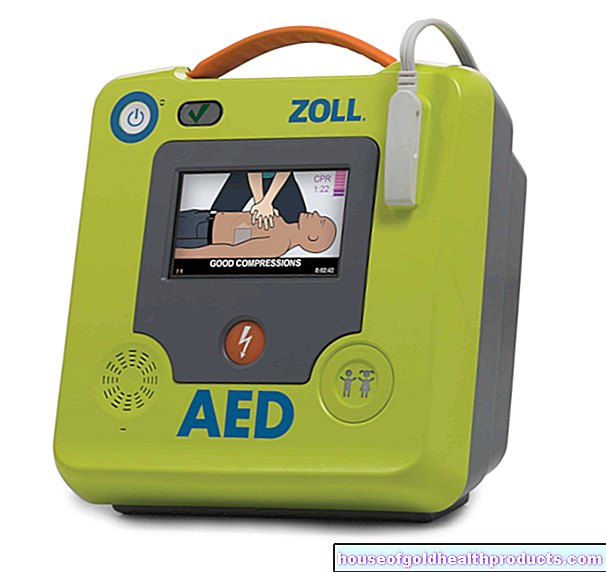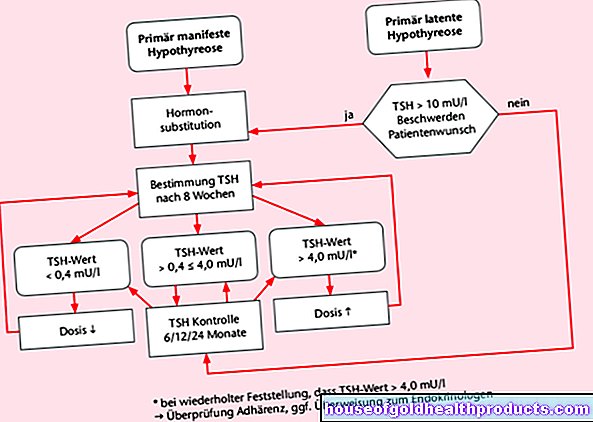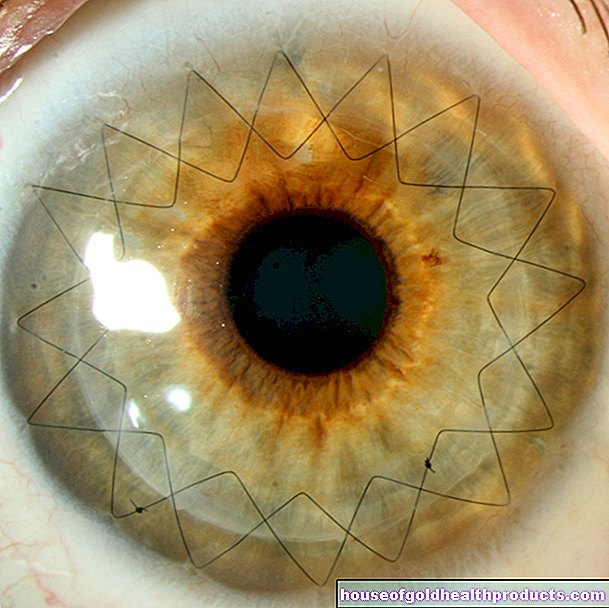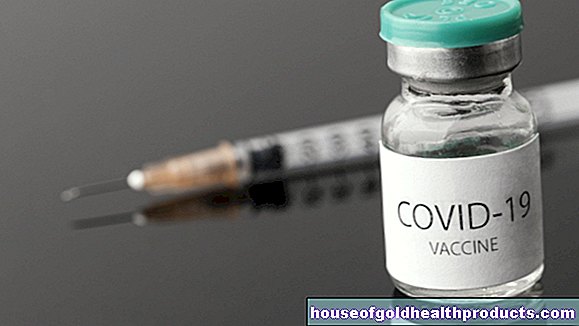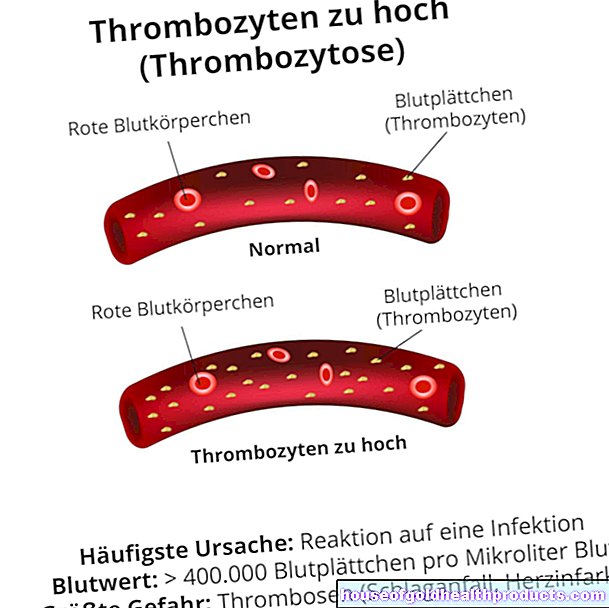Anesthesia: the power of words
All content is checked by medical journalists.Even in deep anesthesia, the mind remains more receptive than expected: Hypnotherapeutic messages have a surprisingly healing effect.
Anesthesia. A condition that is as terrifying as it is gracious. Gracious, because you don't have to go through interventions that would otherwise be unbearable. Terrifying because it means the greatest possible loss of control.
Unconscious does not mean switched off
Anesthesia, it is believed, is a situation in which the body is shut down in a kind of remote state and the mind is switched off, as it were. But that is not the case. "It has long been known in anesthesia that about one in 500 patients after anesthesia can reproduce what the surgeons have said in the room," says hypnosis researcher Prof. Ernil Hansen in a NetDoctor conversation.
"Intraoperative alertness" is what doctors call this phenomenon. It mainly occurs when the anesthesia is too shallow, explains Hansen, who was a professor of anesthesiology at the Regensburg University Clinic (UKR) before retiring.
What is new, on the other hand, is the knowledge that even under the deepest anesthesia, patients can notice a lot more than one thinks. The idea may seem a little scary. But the phenomenon also offers considerable opportunities.
Messages via headphones
Hansen recognized this and used it. For his study, he and the UKR anesthetist Dr. Nina Zech, in cooperation with four other study centers, around 400 people who were facing an operation under deep anesthesia lasting several hours.
They had them put on headphones during the procedure - half were played a sophisticated hypnotherapeutic audio program, the rest of the participants were not exposed to the sound. Neither the patients nor the surgical team knew who belonged to which group.
The hypnotherapeutic recordings are specially developed positive suggestions, backed by relaxing music, which should give the patient a feeling of security and confidence. Because a surgical intervention is always associated with uncertainty and fears. Will it be alright? What exactly is happening to me? And do I even wake up again?
"We take care of you"
It's about addressing people's basic needs, says Hansen. One of the most important is the accompaniment: “We convey to the patient: 'We are with you. We'll take care of you. We'll take care of you ‘”, explains Hansen. "These are words and sentences that really make a difference."
Another basic need is the feeling of being in control of one's destiny. An anesthetic means the greatest possible loss in this regard. The patient feels at their mercy. "Then it is good if you convey to him that he is actually the active part," says the hypnosis expert, "this is also about respect and dignity." Pulse, coagulation, wound healing, defense against infection - these are all things that the body does of the patient and not the doctor. “We say to the patient under anesthesia: 'Your body takes care of you. The healing has already started. "
The passivity that medicine often prescribes the patient, the well-intentioned announcement: "You stay calm now, and we'll do it" - that is very bad. It is much more helpful when patients take an active role in their healing process. “We can support them in this,” says Hansen.
25 percent less pain
The results of the study prove that his hypnotherapeutic concept actually works. Patients to whom energizing words were played into their hearing channels during the procedure rated their pain after the operation by 25 percent less than those who had been operated on who had not received hypnotherapeutic support.
This was also immediately reflected in the need for painkillers: after hypno treatment, the need for opioids was 34 percent lower. “Every sixth patient to whom we played the take did not even need any pain medication,” reports Hansen. They were also less sick. Other positive effects that Hansen suspected are difficult to prove - for example, an improved immune system or better wound healing.
Help at the right moment
How the power of words unfolds in the operating room has not yet been scientifically clarified. Hansen believes that it is crucial to act on the patient at the very moment when the pain originates. "We give him security the moment the surgeon cuts." That could influence the development of pain. "The decisive factor is: Do I feel safe at the moment or not?"
In order for the message to get through, the words must be meaningful to the patient. Security, well-being, healing, all of these are issues of existential importance in this situation. "If we address them, it gets to the patient," says Hansen. In a state of deep anesthesia, the mind only jumps to things that are important. Similar to how a mother still hears in deep sleep when her child is crying in the next room.
"We have to change our behavior in the OR"
Hansen not only hopes that hypnotherapeutic support will establish itself as an effective and inexpensive means during operations. The fact that unconscious patients notice so much opens up a gate: “The patients were under deep anesthesia - nevertheless, a considerable number of them reacted to the sound recording. That means we have to change our behavior in the operating room! "
Overall, it should be quieter, words should be chosen with care: "If I say out loud, 'My God, everything is full of tumors here!", The probability is high that this will have a negative effect on recovery, "says Hansen.
Treat the unconscious like a guard
Unconscious patients should be treated with the same respect and care as when they were awake. Talking to the anesthetized patient instead of about it could be beneficial.
This may also apply to people in a coma - but also to people who need to be resuscitated. "Talking to unconscious people is useful and necessary," Hansen's conclusion. Communication in medicine is not just an accompaniment, but an effective therapy in itself. Hansen emphasizes: "What applies to dealing with the unconscious is especially true for awake patients!"
Tags: parasites Diagnosis baby toddler



